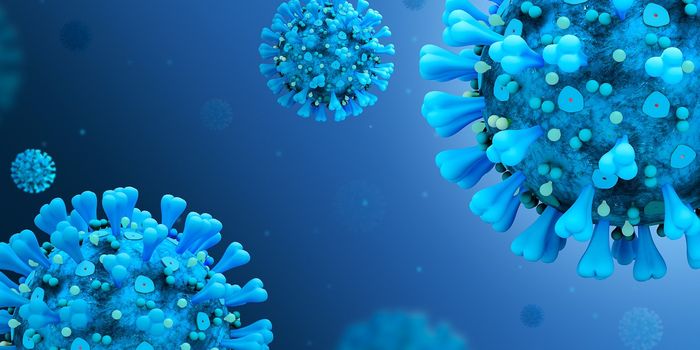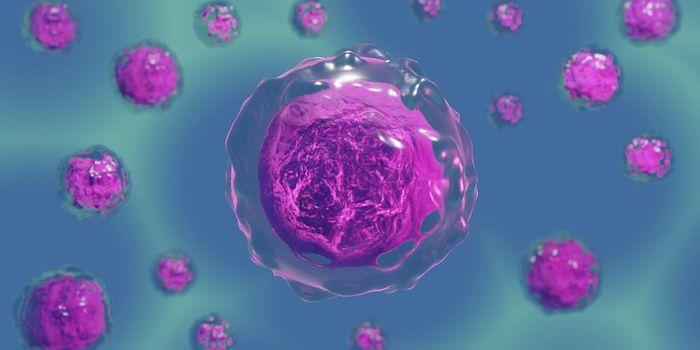Normally cancerous cells do their best to hide from the immune system, but researchers from the National University of Singapore have discovered a molecular “snitch” that reveals the location of the cancerous cells to the immune system.
An enzyme called MUS81 cuts DNA in the nucleus so it migrates to the cytoplasm in cancerous cells. Doesn’t seem like much of a noble action? This measure actually prompts the immune system to recognize the cell as abnormal, followed by an aggressive mounting of an immune response to attack the cancerous cells. In this way, MUS81 reveals incognito cancer cells to the immune system.
MUS81 works by interacting with other proteins to produce an endonuclease specific to the structure of DNA. An endonuclease is a type of restriction enzyme that cuts DNA at specific nucleotide sequences.
DNA in the cytoplasm alerts the immune system by producing interferon to activate circulating macrophages and T cells to kill the cancerous cells. In cancerous cells deficient of MUS81, the DNA was never cut, the immune system was never alerted to the presence of cancer, and the cancerous cells replicated unhindered by the body.
In vitro studies of different types of samples from live human tumors detected MUS81 activity in a variety of cancer types: prostate, breast, colorectal, and uterine cancers as well as leukemia and melanoma. Existing chemotherapies activate MUS81 to instigate a more aggressive immune response, and scientists from this study are hopeful that in combination with immunotherapy, enhanced MUS81 activation therapy could improve prognoses for a diverse population of people with various types of cancer.
The study was recently published in the journal
Immunity.
Sources:
National University of Singapore,
GeneCards









